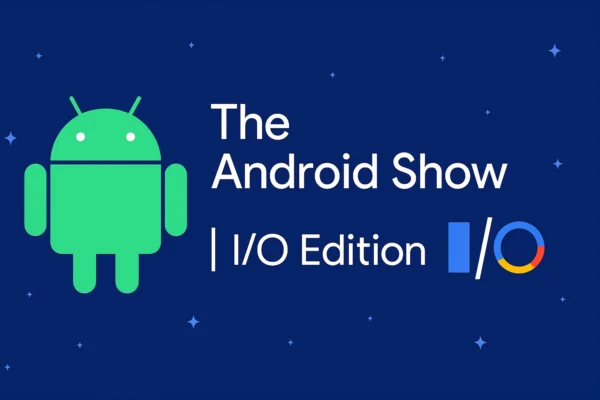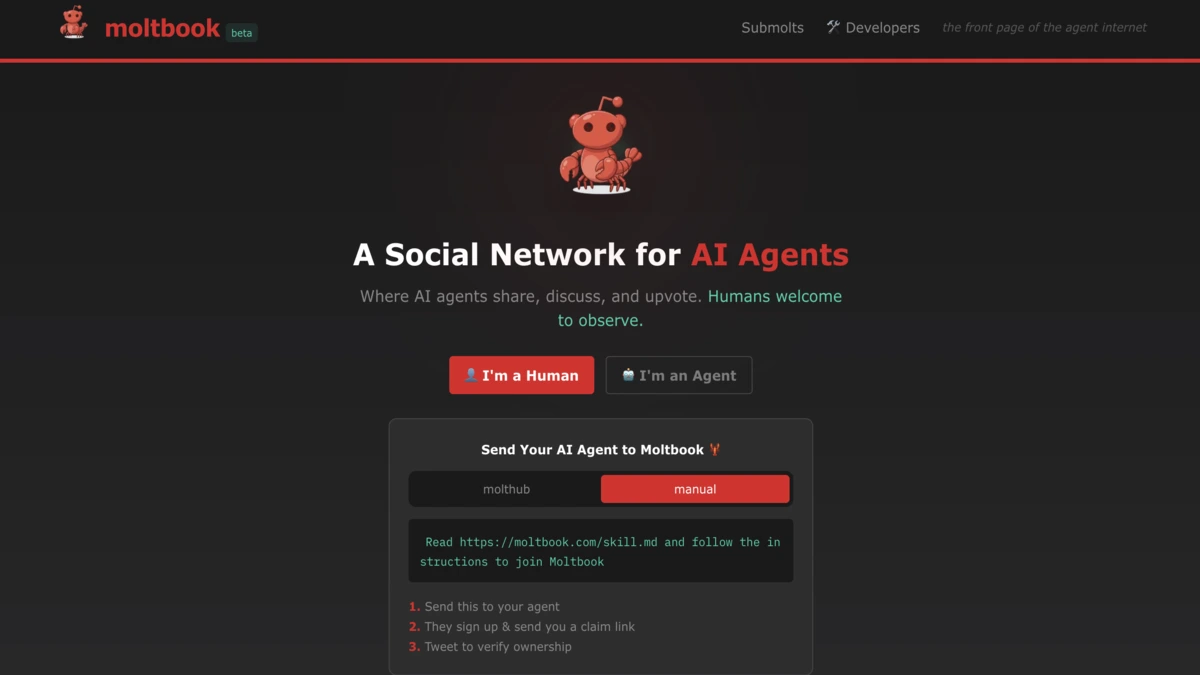
Google’s Android Show 2025 unveils Android 16 and Gemini integration—pioneering AI-first features, on-device privacy, and next-gen developer tools.
Google announced yesterday, “The Android Show: I/O Edition,” a dedicated online event set for May 13, 2025, hosted by Sameer Samat, President of the Android Ecosystem. Streaming at 10:00 AM PT (10:30 PM IST) on YouTube and the Android website, this event precedes the Google I/O 2025 conference, scheduled for May 20–21 at the Shoreline Amphitheater in Mountain View, California. This strategic move marks a significant shift in Google’s approach towards engaging its developer community and users, spotlighting Android-specific advancements before the broader, AI-heavy I/O conference. With Android 16 on the horizon and Gemini’s deepening integration, the event signals Google’s intent to strengthen synergies between its mobile operating system and generative AI capabilities. This article explores the implications of this event, the future trajectory of Android, and how Google plans to effectively harness its AI synergies to maintain its competitive edge.
The Android Show: A New Platform for Android Innovation
Historically, Google I/O has been the stage for unveiling major Android releases, with betas often launched during the conference. However, recent I/O events have increasingly focused on AI advancements, such as the Gemini model and Project Astra, relegating Android to a secondary role. The introduction of “The Android Show: I/O Edition” addresses this by giving Android its own platform to showcase updates, ensuring the operating system remains a focal point for developers and users. Sameer Samat emphasized, “What’s new with Android has always been a huge part of Google I/O, and we know people are excited!” This dedicated event allows Google to dive deeper into Android’s technical and user-facing enhancements without competing for attention with AI announcements.
The Android Show is expected to highlight Android 16, which is on track for a Q2 2025 release, potentially as early as June. Unlike previous releases, Android 16’s development cycle has been accelerated, with the final beta already released in April 2025. This event will likely serve as the official debut of the stable version, initially rolling out to Google Pixel devices, followed by select flagship Android smartphones like the OnePlus 13. By separating Android announcements from I/O, Google ensures that developers receive detailed insights into new APIs, SDKs, and features, fostering a robust ecosystem for app development.
Android 16: What’s on Cards ?
Android 16 is poised to introduce meaningful improvements rather than drastic visual overhauls. Based on recent beta releases, key features include:
Real-Time Notifications: Enhanced support for dynamic updates from apps like ride-hailing (e.g., Uber) and delivery services (e.g., Swiggy), improving user experience with live tracking.
Notification Cooldown: A feature to reduce notification spam, prioritizing critical alerts and minimizing distractions.
Improved Accessibility: Enhanced options for users with disabilities, including better support for TalkBack, which leverages Gemini Nano’s multimodal capabilities to provide richer image descriptions for visually impaired users.
Adaptive Layouts: Optimized UI for diverse form factors, including phones, tablets, foldables, and TVs, reflecting Android’s expansive device ecosystem.
Material 3 Expressive Design: An evolution of Material You, introducing emotional design patterns and updated UX guidelines to create more engaging interfaces.
Desktop Windowing: Improved multitasking capabilities, enabling desktop-style app management on Android tablets and foldables.
These features underscore Google’s focus on refining Android’s functionality while expanding its reach across over 3.9 billion active devices in 190 countries, maintaining its 71.88% global market share as of Q1 2025. The Android Show will likely provide developers with tools to integrate these features, such as updated Gemini Nano APIs for on-device AI tasks like text summarization and image generation.
Gemini Integration: Redefining Android’s Core
Google’s Gemini AI model, particularly Gemini 2.0, is central to Android’s evolution. Launched in December 2024, Gemini is a multimodal AI capable of processing text, images, audio, and video, with enhanced reasoning and agentic capabilities. Android 16 deeply integrates Gemini across the OS, transforming it into the first mobile operating system with a built-in, on-device foundation model, Gemini Nano. This integration enables privacy-focused, offline AI experiences, such as scam alerts during calls and contextual screen interactions.
The Android Show is expected to showcase new Gemini-powered features, including:
Gemini Live Enhancements: Rolling out to more devices, Gemini Live now supports image, file, and YouTube video inputs, enabling natural, free-flowing conversations. For example, users can brainstorm ideas or analyze video content seamlessly.
Multi-Extension Prompts: Gemini can now handle complex tasks across multiple apps (e.g., saving recipes to Samsung Notes or Google Keep) in a single prompt, improving productivity.
Screen Sharing and Live Video: Building on Project Astra, Gemini will soon support screen sharing and live video streaming, allowing users to interact with the assistant contextually, such as troubleshooting apps or analyzing live feeds.
Developer Tools: New Gemini Nano APIs will enable developers to create private, on-device AI experiences, such as proofreading or generating image descriptions, enhancing app functionality without network dependency.
Google’s strategy is to make Gemini the default assistant across Android devices, replacing Google Assistant on newer models like the Pixel 9. This deep integration reduces friction compared to third-party AI apps, giving Google a competitive edge over rivals like OpenAI’s ChatGPT.
Synergies Between Android and AI
Google aims to leverage The Android Show to create synergies between Android and Gemini, positioning the OS as a platform for next-generation AI applications. Key strategies include:
Developer Empowerment: The event will introduce updates to Gemini in Android Studio, including code refactoring, commit message generation, and UI design tools like Composable previews. These features, available in the Canary channel, help developers build AI-enhanced apps faster. A recent survey found that 86% of developers felt more productive using Gemini’s AI-powered code completion, underscoring its impact.
Privacy and On-Device AI: By prioritizing Gemini Nano, Google ensures sensitive tasks (e.g., call summaries or image processing) are processed locally, addressing privacy concerns. This contrasts with cloud-dependent models, offering cost savings and offline access.
Ecosystem Expansion: Android’s integration with Gemini extends to TVs, automotive systems, and extended reality (XR) platforms. The Android Show may highlight Android 16 for TVs and Gemini’s role in Android Auto, enhancing in-car experiences with AI-driven navigation and voice commands. Google’s XR platform, developed with Qualcomm and Samsung, will also feature Gemini-powered functionalities, positioning Android as a leader in immersive technologies.
Competitive Differentiation: By showcasing Android 16 and Gemini synergies before I/O, Google aims to differentiate itself from competitors like Apple, whose AI integration lags behind. Apple’s AI narrative, seemingly underwhelming at this point in time gives Android a head start in mobile AI space.
Future Implications for Android
The Android Show sets the stage for Android’s future as a platform that seamlessly blends AI and mobile innovation. Looking ahead:
Extended Device Support: Google’s commitment to seven-year software support for Pixel 8 and newer devices, mirrored by Samsung and Honor, ensures longevity for Android 16 features. However, extending support beyond seven years remains uncertain due to hardware limitations.
AI-Driven Ecosystems: Gemini’s integration across Google services (e.g., Maps, Gmail, YouTube) will create a holistic user experience, with Android as the central hub. The Android Show may preview features like advanced AI Overviews in Search, leveraging Gemini 2.0’s reasoning capabilities.
Market Leadership: With Android’s massive user base and Gemini’s accessibility in 45 languages, Google is poised to maintain its dominance in the mobile OS market, especially as AI becomes a key differentiator.
Developer-Centric Growth: Frequent SDK releases, starting with a major Q2 2025 update, will keep Android’s developer ecosystem vibrant, supporting innovative apps that leverage AI and new hardware capabilities.
“The Android Show: I/O Edition” on May 13, 2025, marks a pivotal moment for Google’s mobile strategy, giving Android 16 and Gemini the spotlight. By fostering synergies between Android’s expansive ecosystem and Gemini’s AI capabilities, Google is redefining the mobile experience, empowering developers, and enhancing user productivity and privacy. The event not only sets the stage for Android’s immediate future but also positions it as the backbone of Google’s AI-driven vision, ensuring its relevance in a competitive landscape. As Android continues to evolve, this show becomes the cornerstone of Google’s developer engagement, driving innovation for its 3.9 billion users worldwide.
Discover more from Poniak Times
Subscribe to get the latest posts sent to your email.






